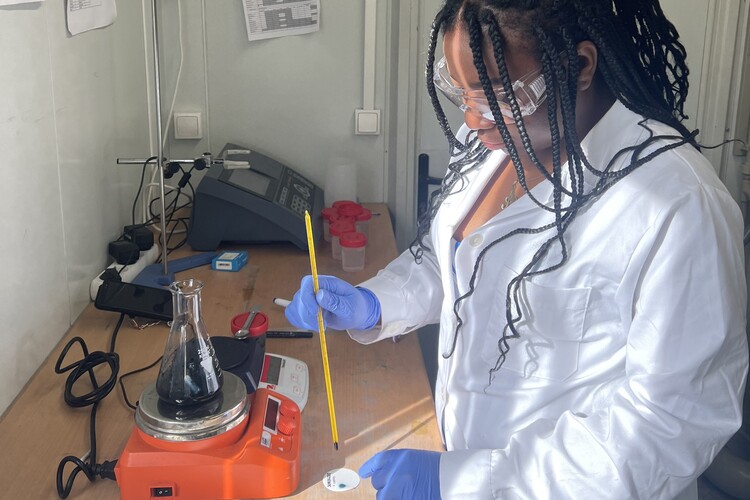The Advanced Water Treatment Center of Bilbao Bizkaia, CATABB, is carrying out the MAFICA project, which aims to develop a manual for the use of activated carbon filters in order to determine the best conditions for their use and maintenance.
The first part of the project, called MAFICA I, has as its main objective the determination of the best maintenance alternative for activated carbon filters used as filter media in the drinking water treatment process. This project is being carried out in coordination with the Venta Alta DWTP of the Consorcio de Aguas de Bilbao Bizkaia to optimize its resources.
During the project, the evolution of the physical and chemical characteristics of activated carbon is being monitored, depending on the type of storage to which it is subjected when it is disused. In addition, the aim is to determine how these parameters may affect the quality of the drinking water treated with activated carbon. All samples were stored at a constant temperature, covered (to avoid contact with the outside) and in darkness (to prevent algae proliferation and microbiological growth). Based on these conditions, three scenarios have been analyzed: wet storage, submerged in pre-filtered water and submerged with periodic washing every 15 days.
The objective of the project is to establish which is the best alternative for the maintenance of activated carbon filters and to contrast it with the bibliography consulted and with the information obtained in a survey to be carried out with the managers of the DWTPs.


